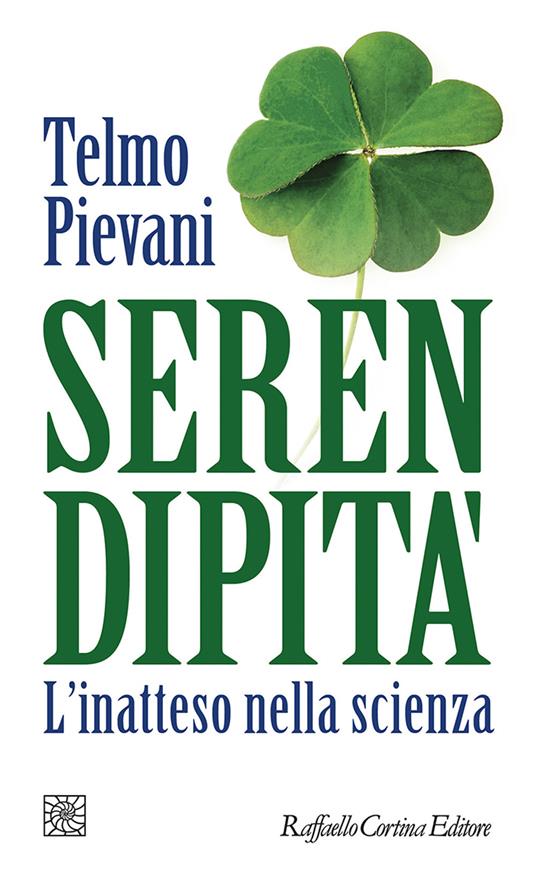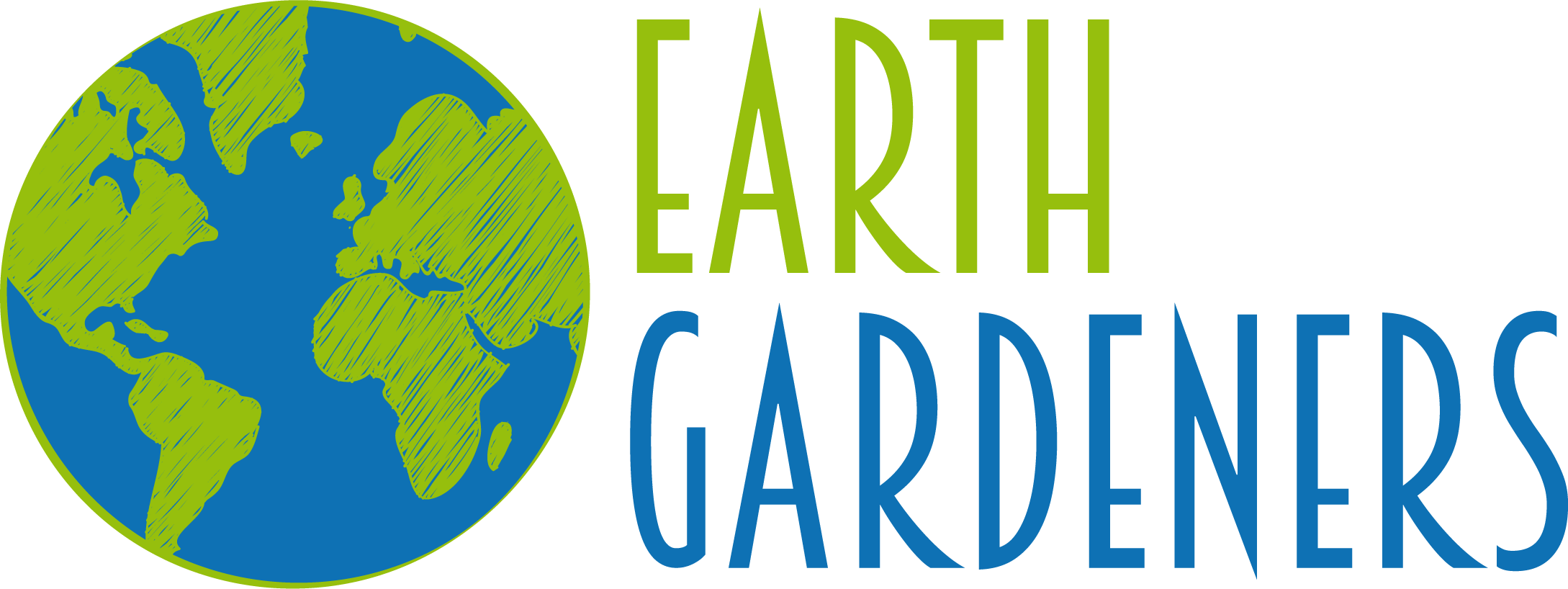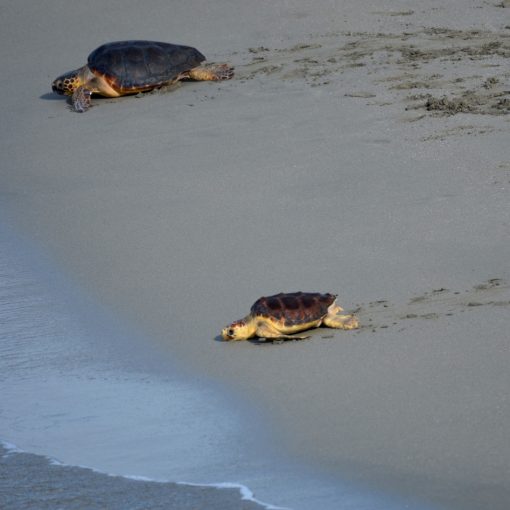
Pages 256 p., Paperback| EAN: 9788832853582
Telmo Pievani is a great scientific communicator, holder of the first Italian chair of Philosophy of Biological Sciences which he has held at the University of Padua since 2012. Among the various means of communication used in his dissemination activity there are many volumes in which the topics dealt with are addressed with original and stimulating points of view. The volume that I warmly invite you to read this month is SERENDIPITY.
SERENDIPITY is that fascinating phenomenon whereby you look for something and find something else. This often happens to scientists: they plan an experiment and discover the unexpected, which usually turns out to be very important. In the history of science, many great discoveries have occurred in this way.

Pages 256 p., Paperback| EAN: 9788832853582
This word, serendipity, which seems to come out of a nursery rhyme, derives from Sarandib, a “kingdom that once stretched from Afghanistan to the ocean” and derives from a story that tells of three princes who are chased by their father who pretends to be angry with them. In fact, the king wants his children to explore the world to experience and learn about the customs of other people. The three princes “walk without a precise direction, scouring the world (…) as physiognomic rationalists, skilled in reasoning of analogy”.
It is from here that Pievani starts not a boring list of anecdotes, from penicillin to X-rays, from Christopher Columbus to the microwave oven, but to a series of reflections supported by narratives that tell us about the most surprising stories of serendipity that reveal profound aspects of the logic of scientific discovery.
His minute and precise analysis of facts, characters and events deepens that intertwining of cunning and curiosity, in which the randomness that in some cases takes the face of fortune, arises from sagacity, imagination and accidents caught on the fly, where however the ability to correctly interpret the unexpected remains the main merit of the scientist. Serendipity, above all, tells us that we didn’t know we didn’t know.
This book is for those who already know science but find new perspectives that tie the threads of logic and scientific discussion.
This book is for those who do not practice science and find incentives to approach it and still reflect on the logic and laws that make the world we seem to know go round.
Author: Anna Lacci is a scientific popularizer and expert in environmental education and sustainability and in territory teaching. She is the author of documentaries and naturalistic books, notebooks and interdisciplinary teaching aids and multimedia information materials.
Translation by Maria Antonietta Sessa



